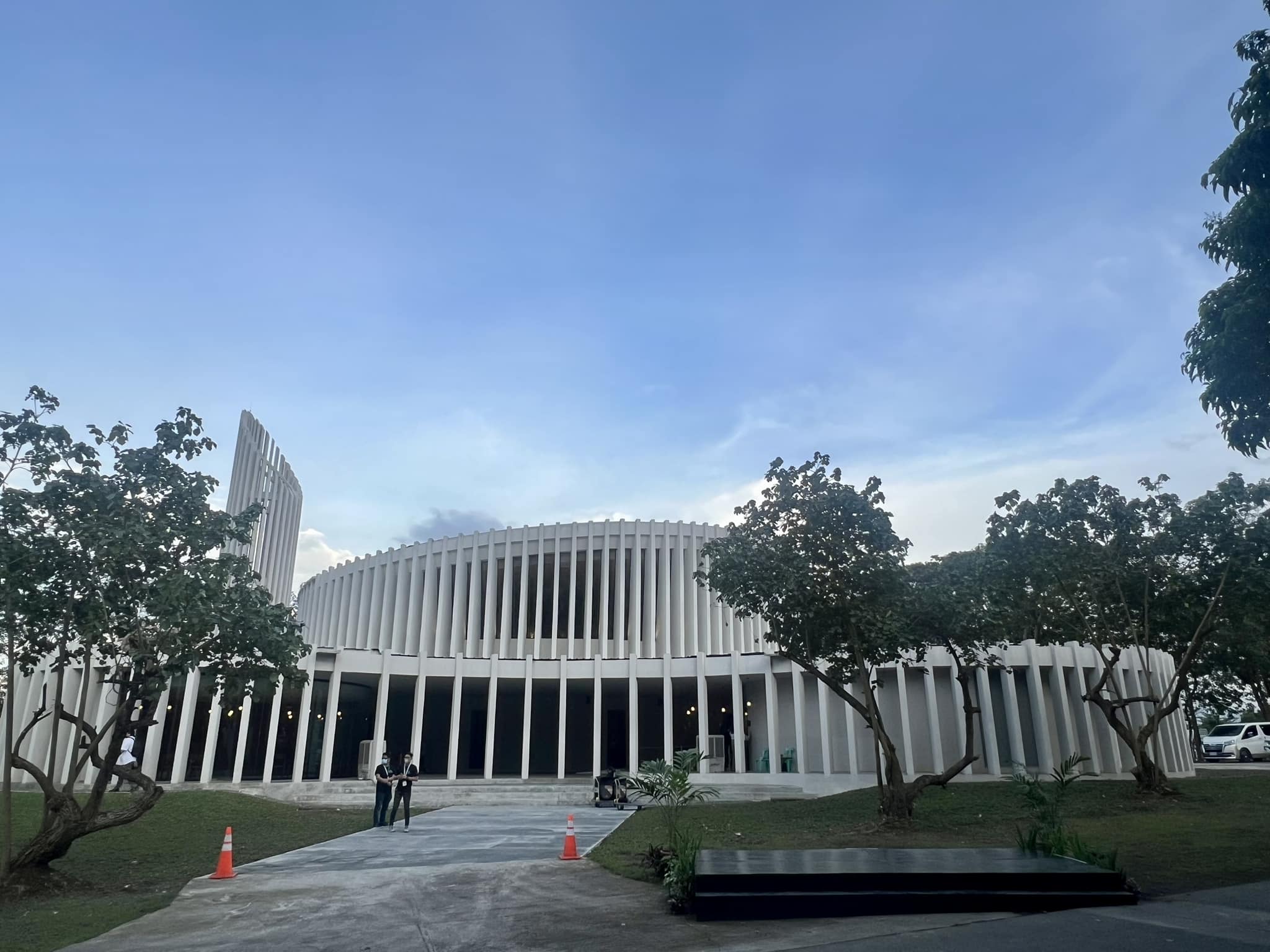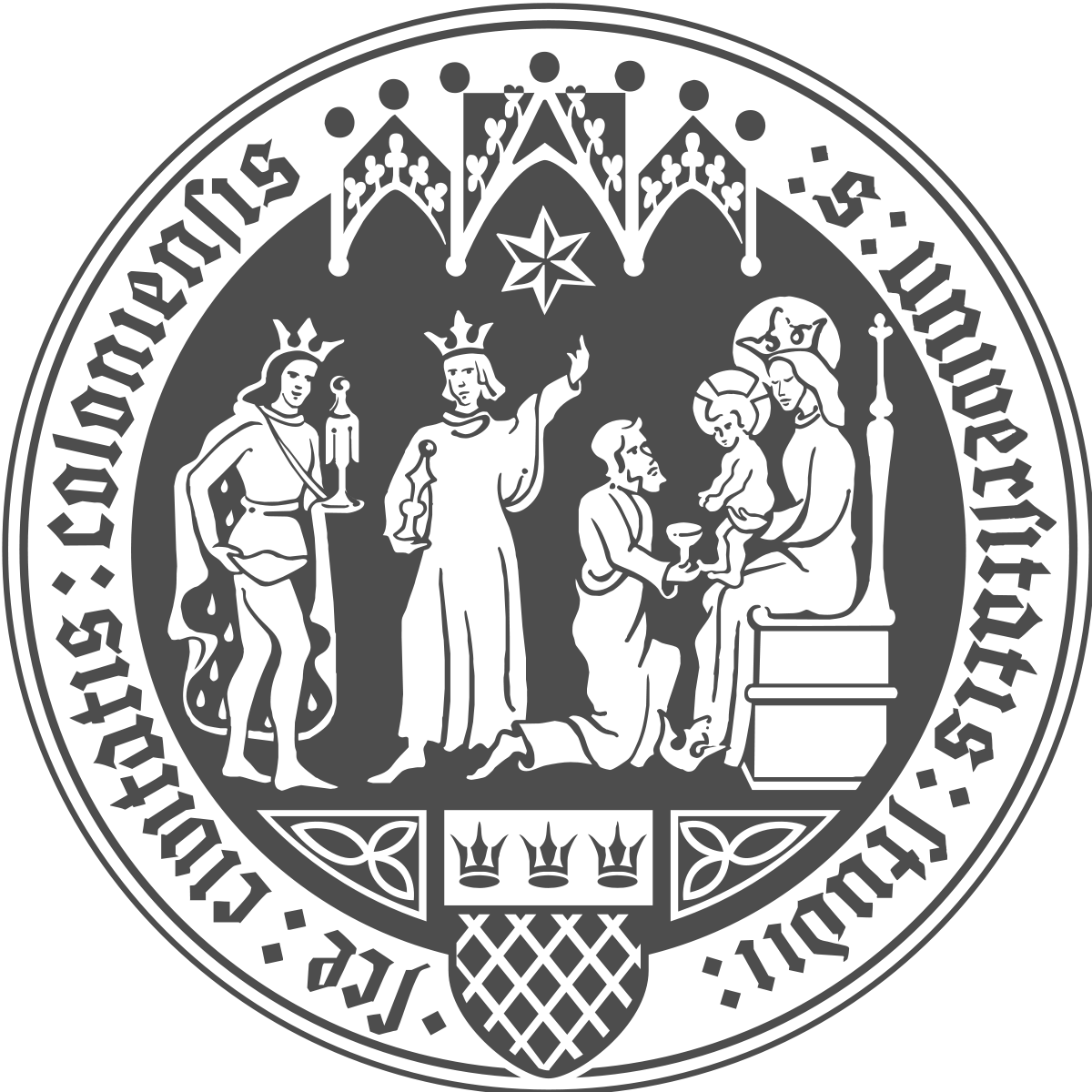CURRICULUM
The 36-unit program has two distinct features First all courses will be taught exclusively by faculty with doctorates in their respective specializations No other Department of Political Science in the country can give students this guarantee Second the coursework will allow them to specialize in a clearly defined sub field and choose electives from other sub fields or disciplines Thanks to this structure students will be able to design a program that corresponds to their personal interests and career goals
Coursework (30 units)
Core Courses (12 units)
Research Methods (POL521M) (3 units)
Philosophy of the Social Sciences (POL525M) (3 units)
Theories of the State (POL760M) (3 units)
Political Economy (POL755M) (3 units)
Specialization (12 units)The two fields of specialization are based on the areas of competence of faculty members
Specialization: Comparative Politics
Through a comparative perspective students can gain insights into the workings of the Philippine political system and acquire an understanding of the politics of some of our closest neighbors
Theories of Comparative Politics (POL540M) (3 units)
Government and Politics of Japan (POL801M) (3 units)
Government and Politics of Southeast Asia (POL802M) (3 units)
One course in Philippine Politics to be chosen from:
Social Movements in the Philippines (POL570M) (3 units)
Contemporary Problems in Philippine Government and Politics (POL804M) (3 units)
The Philippine Legislature and Its Development Roles (POL560M) (3 units)
Advanced Course on the Philippine Executive System (POL561M) (3 units)
Political Parties in the Philippines (POL562M) (3 units)
Seminar on Constitutional and Political Ideals during Significant Political Conjunctures
Specialization: International Relations
As the boundaries begin to blur between the national and the international the need for political scientists who are wellgrounded in International Relations is keenly felt
Theories of International Relations (POL541M) (3 units)
International Political Economy (POL754M) (3 units)
International Relations of East and Southeast Asia (POL542M) (3 units)
Contemporary Issues in International Relations (POL544M) (3 units)
Elective courses (6 units)
Elective courses may be taken in other graduate programs taught at La Salle The following list is by no means exhaustive Students should consult with the Graduate Coordinator before they make their choices
International Studies Major in European Studies
International Law
The Politics of European Integration (POL780M) (3 units)
The Economics of European Integration (POL781M) (3 units)
Asian Studies Major in Japanese Studies
Japanese and Philippine Relations (POL770M) (3 units)
Japanese Politics and Foreign Policy (POL771M) (3 units)
Japanese Public Policy (POL772M) (3 units)
Development Studies
Theories of Development (POL530M) (3 units)
Participation and Development (POL532M) (3 units)
Sustainable Development (POL533M) (3 units)
Development Administration (POL531M) (3 units)
Economy Culture and Society (POL585M) (3 units)
COURSE DESCRIPTIONS
Core Courses
Research Methods (POL521M) (3 units)
Introduction to the major methodological approaches in the social sciences and corresponding research methods
Philosophy of the Social Sciences (POL525M) (3 units)
Survey of positivist structural and post-structural philosophies of the social sciences
Theories of the State (POL760M) (3 units)
Survey of liberal class-based patrimonial and contemporary theories of the state
Political Economy (POL755M) (3 units)
Survey of major approaches to Political Economy including classical/neo-classical Keynesian Marxian/neo-Marxian and institutional approaches
Specialization: Comparative Politics
Theories of Comparative Politics (POL540M) (3 units)
Introduction to major theories of comparative politics
Government and Politics of Japan (POL801M) (3 units)
Introduction to the Government and Politics of Japan
Government and Politics of Southeast Asia (POL802M) (3 units)
Introduction to the Government and Politics of Burma Cambodia Indonesia Malaysia Laos Thailand Singapore and Vietnam
Specialization: International Relations
Theories of International Relations (POL541M) (3 units)
Survey of methodological approaches (eg traditional scientific or behavioral structural) and analytical approaches to substantive issues (eg conflict and cooperation foreign policy analysis decision-making)
International Political Economy (POL754M) (3 units)
Survey of major theories of international political economy: realist and neo-realist; liberal; structural including Marxian dependency and modern world-system theories Application to the evolution of the world economy and to contemporary issues (eg trade finance debt globalization)
International Relations of East and Southeast Asia (POL542M) (3 units)
International Relations of the East Asian region (China Taiwan Japan North and South Korea and the 10 ASEAN member states) including their relations with extra-regional powers (United States Russia and Europe)
Contemporary Issues and Trends in International Relations (POL544M) (3 units)
Examination of major issues in international relations since the end of the Cold War; contemporary theoretical approaches
Show less














